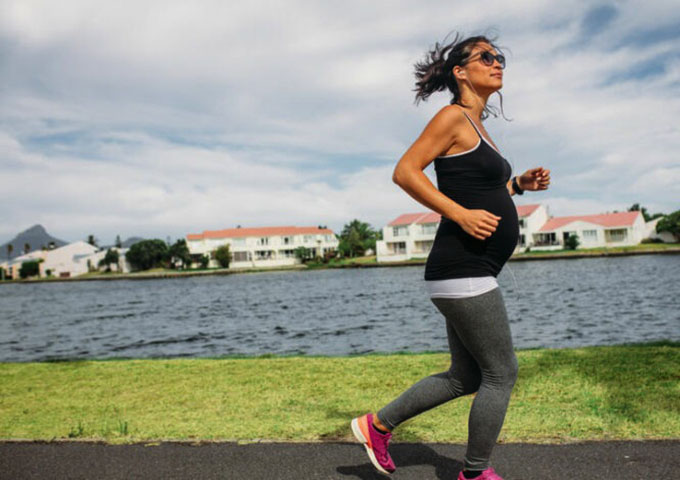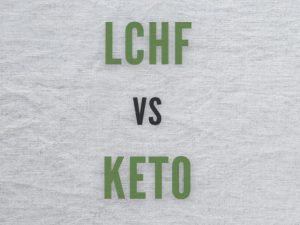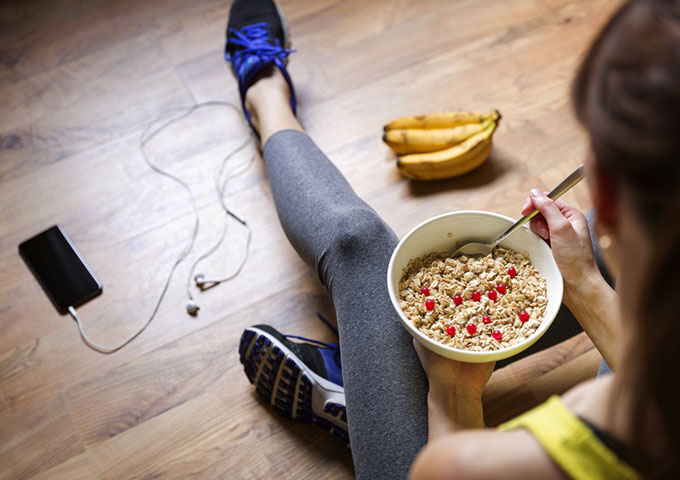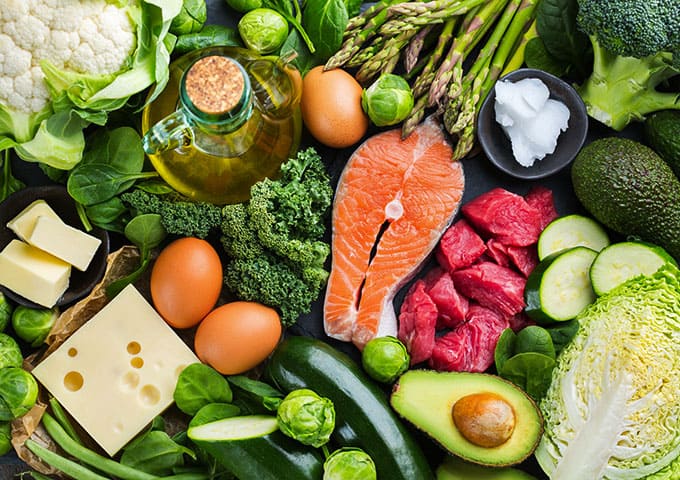

If you’re accustomed to an active lifestyle, you may be wondering what adjustments you need to make when expecting a baby.
Pregnancy brings numerous physical and mental changes that require adjustments to your usual exercise routine. It’s also important not to compare how pregnancy affects your active lifestyle with how it affects someone else.
We are all different!
How do pregnant athletes stay active and properly fuel themselves for two?
Understanding how nutritional needs change during pregnancy for athletes can help you continue exercising safely during this time.
Pregnancy places additional demands on the body. More calories and nutrients are needed to support healthy development and energy reserves, especially when you’re physically active.
If you’re used to a sports lifestyle, that’s great! Just make sure you include the extra fuel your body and growing fetus need to continue moving as much as you’d like.
Here are some recommendations to support physical activity and a healthy pregnancy:
A pregnant woman requires more fuel, especially if she is regularly physically active. Without enough fuel, it’s difficult to gain weight, provide energy for your baby, and feel capable of physical activity.
How many extra calories do pregnant athletes need? Aim for an additional 300 calories per day to support energy and healthy weight gain, especially as you enter the third trimester. This could be as simple as adding one snack during the day, like a fruit smoothie, a bowl of yogurt, or apples with almond butter and a small amount of chocolate chips.
As an athlete, you’re probably already mindful of your protein intake, but these needs increase during pregnancy. The International Society of Sports Nutrition recommends between 1.4-2.0 grams of protein per kilogram of body weight for athletes depending on the type of activity, which can be applied to pregnant women as well.
For a woman weighing 64 kilograms, that translates to 89-127 grams. Sources of protein include lentils, beans, fish, eggs, tofu, lean meats, cheese, nuts, and poultry. If you have difficulty getting enough protein from animal sources due to food aversions, aim for a variety of plant-based protein sources to get a diversity of amino acids.
Include plenty of omega-3 fats from low-mercury fish, such as salmon, nuts, flax, chia seeds, and supplements as needed. Foods rich in healthy fats can help achieve healthy weight gain and meet energy needs, especially if you experience periods of reduced appetite or nausea.
DHA is also crucial for the development of the baby’s brain. DHA starts to accumulate and be stored in the baby’s brain from the third trimester of pregnancy through the second year of their life.
Many women crave refined carbohydrates during pregnancy. While it’s important to honor those cravings, it’s also important to prioritize complex carbohydrates that provide fiber.
Many pregnant women experience constipation during pregnancy – ensuring sufficient fiber intake daily can help manage this issue.
Examples of fiber-rich carbohydrates include fruits, vegetables, legumes, and whole grains like whole wheat bread, brown rice, quinoa, oats, barley, and millet.

Providing comprehensive tools for maintaining a healthy lifestyle, from tracking nutritional values to analyzing your BMI and information about food additives.

In recent years, there has been a significant increase in...
Read More...
Whether you're an athlete, an active individual, or just starting...
Read More...
Healthy eating during travel is crucial for athletes who are...
Read More...
Once praised for its rapid weight loss effects, the keto...
Read More...
Discover experiences and honest feedback from people who have trusted us with their journey to a healthier diet.
I absolutely love this portal! Their nutrition advice is invaluable and combines health with practicality. I highly recommend it to all health enthusiasts!
I've tried different portals, but nothing compares to the quality and useful information offered by HealthyFoodGo. Now I always feel informed and confident in my dietary decisions.
HealthyFoodGo offers top-notch nutrition advice. Their articles are not only reliable but also very informative. I can't imagine a day without visiting their portal!